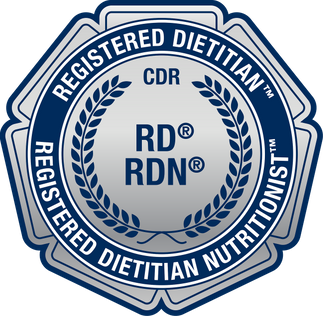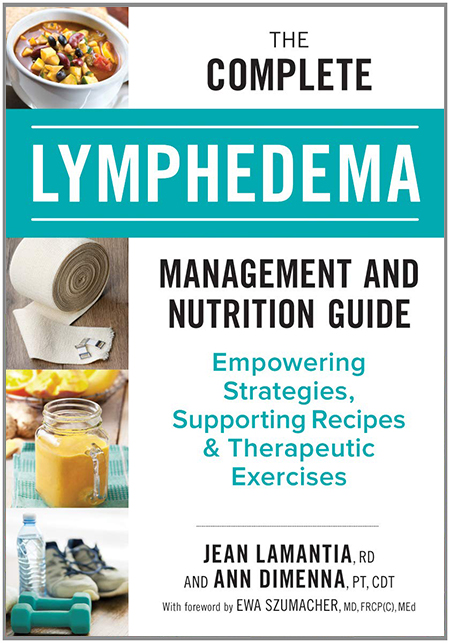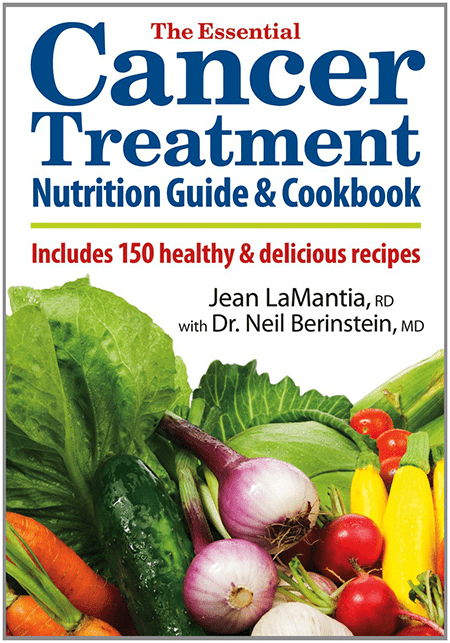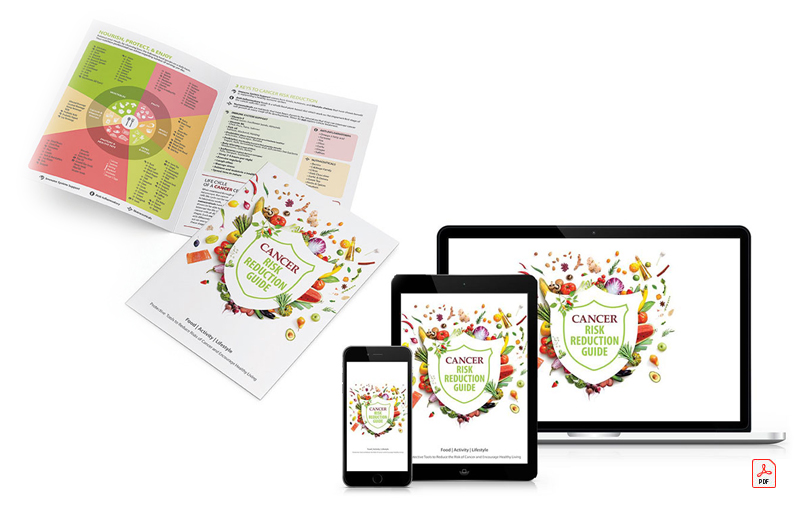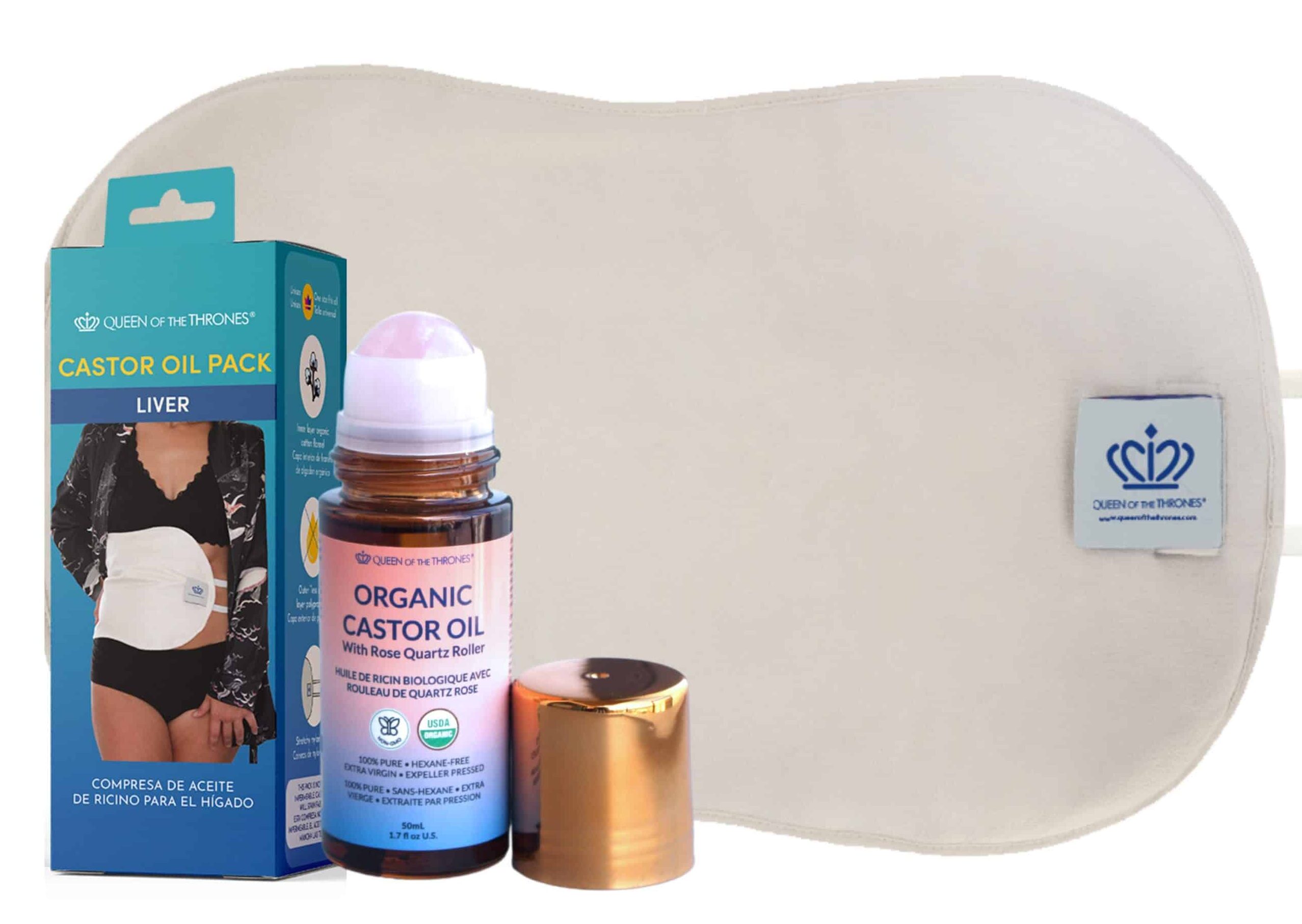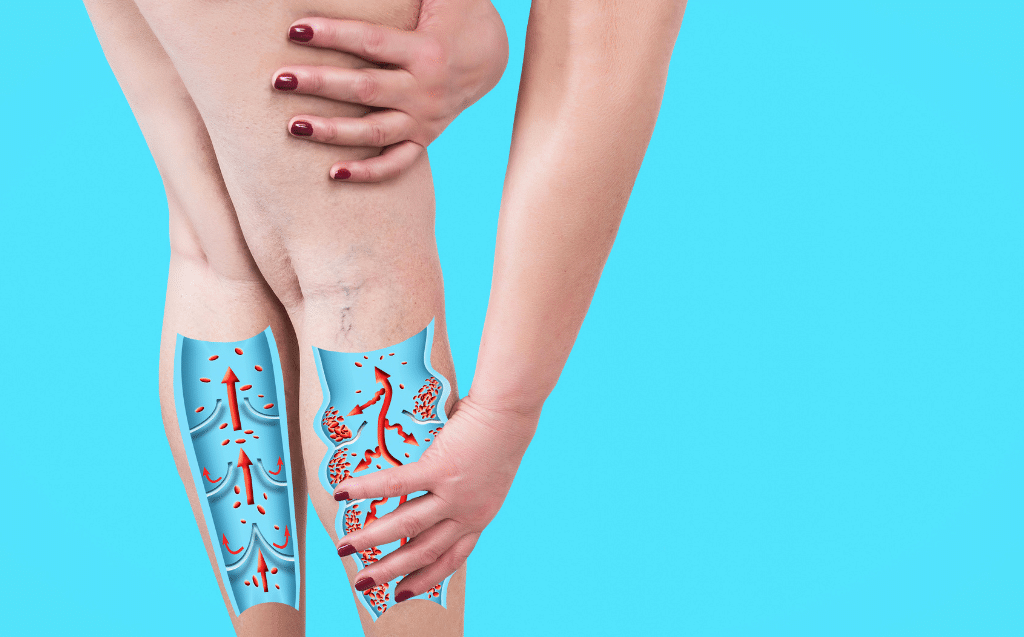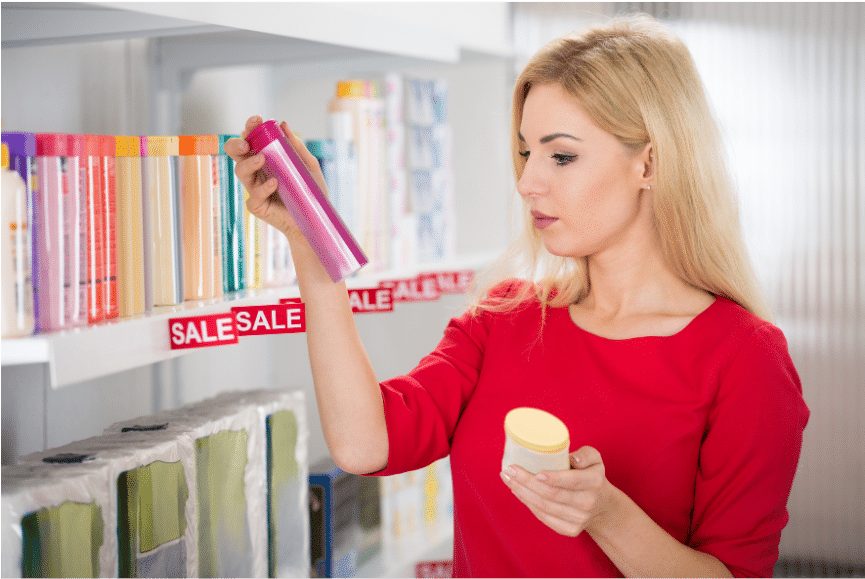It is important to reduce your levels of inflammation. There are two main types of inflammation – acute (short term) and chronic (long term). Chronic inflammation plays a key role in the development of many chronic illnesses including cancer, type 2 diabetes, heart disease, arthritis and depression.
Following an anti inflammatory diet can help you to reduce oxidative stress and free radicals which can help to reduce chronic inflammation. To further add to the anti inflammatory strength of your diet, you can add anti inflammatory teas that will further help to lower your levels of inflammation.
In this blog I will examine the best tea leaves for reducing inflammation. The blog will be divided into; anti-inflammatory teas and anti-inflammatory herbal teas. I will look at the benefits of drinking these teas. But like anything in nutrition, there may be some down sides to drinking tea, so I will tell you about those as well.
This blog does not replace medical advice. You can read this blog from top to bottom, or navigate using this Table of Contents
- True Tea
- What Tea is Good for Inflammation?
- Green Tea for Inflammation
- Black Tea for Inflammation
- Green Tea vs Black Tea
- What Teas Have Caffeine?
- How Much Caffeine in Black Tea?
- Advantages and Disadvantages of Tea
- Anti-Inflammatory Herbal Teas
- Do Herbal Teas Have Caffeine?
- Are Herbal Teas Safe?
- Bottom Line for Anti Inflammatory Teas
- References for Anti Inflammatory Teas and Link to Research
True Tea
I am going to get picky here! I’ll hazard a guess that you refer to any hot beverage that is brewed from leaves as tea. I know I do. But to the connoisseur the word tea refers to beverages made from the leaves of the Camellia Sinensis plant.
There are six different types of true tea:
- White
- Black
- Green
- Oolong
- Red
- Pu’ur
All other “teas” are considered to be herbal teas or infusions. I mention this not just because I am detail oriented, but because this will help with how you interpret the science behind choosing your anti-inflammatory tea.
Red tea and pu’ur tea are mostly consumed in China. I will focus on green and black tea because those are the teas that are most often consumed in North America and are the most researched of the teas that help with inflammation.
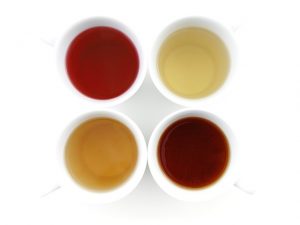
What Tea is Good for Inflammation?
Tea contains a bouquet of healthy nutrients that have been shown promote good health and fight inflammation. Polyphenols are responsible for the anti-inflammatory effects of tea.
The main polyphenols found in tea are a group called a group of chemical compounds called catechins, namely;
- Epicatechin
- Epigallocatechin
- Epicatechin-3-gallate
- Epigallocatechin gallate (EGCG)
They are found in the highest concentrations in green tea. The polyphenols found in black tea are called theaflavins and they are derived from catechins that have been oxidized.
As well as being anti inflammatory, the polyphenols in tea can modulate the immune system, protect against developing type 2 diabetes, cardiovascular disease and cancer. They also protect your liver and protect against developing obesity (Tang et al., 2019).

Green Tea for Inflammation
The main polyphenols found in tea – catechins, are found in the highest concentrations in green tea. EGCG is the most powerful catechin in green tea. Scientists have done some basic research to understand the mechanisms of action of the catechins in test tubes (vitro), and in animals like mice and rats (in vivo).
Green tea polyphenols turn down the production of pro inflammatory chemicals. It appears that the specific effect is different depending on the disease that is being studied.
For example, in rheumatoid arthritis, cells concentrated with green tea extract turned down the production of pro inflammatory chemical like interleukin 6 and interleukin 8 (IL-6, IL8), leading to reduced levels of inflammation.
In a study that included 120 patients with rheumatoid arthritis, researchers compared treatment with a monoclonal antibody medication called infliximab, exercise or green tea, or a combination of the treatments.
The researchers found that the patients who participated in an exercise program and consumed 4-6 cups of green tea per day had the most improvement their rheumatoid arthritis (Tang et al., 2019).
It is worth mentioning that green tea and exercise interventions are often used as non-drug remedies in geriatric patients with rheumatoid arthritis.
In mice with inflammatory bowel disease, green tea polyphenols reduced the secretion of inflammatory blood markers; tumour necrosis factor alpha, interlukin-6 and serum amyloid A (Oz, HS, Nutrients, 2017).
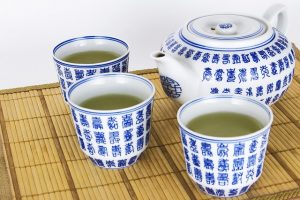
Black Tea for Inflammation
The polyphenols found in black tea, the theaflavins are derived from catechins that have been oxidized. This means that black tea contains less EGCG than green tea, making it less effective in reducing inflammation.
However, black tea still has anti-inflammatory properties. In a study of rats with rheumatoid arthritis, the rats consumed 2 different doses of green and black tea. Both teas helped ease synovial joint inflammation and reduced the erythrocyte sedimentation rate which is a marker of inflammation.
The results showed that the rats had the most benefit from consuming the high dose of green tea, followed by the low dose of green tea, then the high dose of black tea and lastly the low dose of black tea (Ramadan et al., 2017).
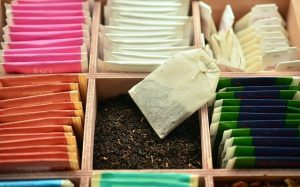
Green Tea vs Black Tea
Both green and black tea come from the same plant, camellia sinensis, but when and how their leaves are harvested and processed make them different from each other.
Green tea is steamed, dried, rolled and sorted within hours of being harvested. Black tea, on the other hand, undergoes four steps after it is harvested: it is withered, rolled, oxidized and then dried.
Even though all other true teas come from the same plants as green and black tea, the differences in processing can change the amount of nutrients in the tea.
What Teas Have Caffeine?
Both green and black tea, and in fact all true teas contain small amounts of caffeine, but they all have less caffeine than coffee.
How Much Caffeine in Black Tea?
According to Health Canada, the average cup (8 oz/236 ml) of black tea contains about 43 mg of caffeine. The average cup of green tea contains about 30 mg of caffeine (Health Canada, 2012).
Compare this to caffeine in other beverages;
- 8 oz of brewed coffee 135 mg
- 8 oz of cola 41 mg
- 8 oz of diet cola 30 mg
- 8 oz of chocolate milk 8 mg
- 1 oz of baking chocolate 41 mg
If you are sensitive to caffeine, you could drink decaffeinated teas. But, they will contain fewer polyphenols (Henning et al., 2003).
Advantages and Disadvantages of Tea
As well as the anti-inflammatory and disease protection aspects of tea, there are a couple of disadvantages to consider.
Iron Absorption
If you are iron deficient, you might want to separate your tea from your meals. This is because the tannins in tea can reduce the absorption of iron. To allow for maximum iron absorption from you food wait at least 2 hours from the time you eat your iron rich foods and when you drink your tea.
Nervousness, Upset Stomach or Sleeplessness
For some people, drinking the amount of tea that is suggested in many studies (4-6 cups a day) could cause nervousness, stomach upset and sleeplessness.
Anti-Inflammatory Herbal Teas
Herbal teas are often suggested as a healthier alternative to drinking tea and coffee. I am sure you enjoy the taste of herbal teas! They can be pretty delicious!
But taste aside…what is the best anti inflammatory tea?
There is a lot less information in the scientific literature on herbal teas compared to green and black tea. However, a few herbs have been studied for their anti-inflammatory properties, namely rooibos tea, ginger tea, turmeric tea, and rose hip tea. I’ll talk about them on by one.
Rooibos Tea
Also known as red tea, rooibos tea is made from the Aspalathus linearis plant, which is grown in South Africa. Although it does contain antioxidants, there seems to be only weak evidence that consuming rooibos tea will give any health benefits. The antioxidants it contains are not as potent as those found in green tea.
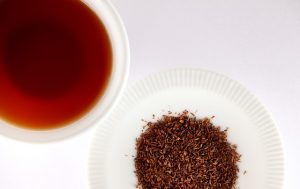
Ginger Tea
Ginger is well known and well-studied for its anti-inflammatory properties. Studies have shown that taking a supplemental form of ginger can reduce inflammation.
In one study on 63 people who had rheumatoid arthritis found that taking 750 mg of ginger twice a day, lowered disease activity, including a marker of inflammation called C-reactive Protein (CRP) (Jean-Guillaume et al., 2020).
How much ginger tea would you have to drink to have the same effect? Some scientists took the time to answer this question!
They found that 1 gram of ginger extract is equal to drinking 4 cups of ginger tea, made from steeping 2.5 ml (1/2 tsp) grated ginger for 5-10 minutes. That’s a lot of tea to drink!
If we use the rheumatoid arthritis study as an example, then 750 mg of ginger twice a day would be 1.5 grams (15oo mg), which would be 8 cups of ginger tea – made with a total of 4 tsp of grated ginger per day.
Another study showed that in patients with type 2 diabetes, who consumed 2 tablets per day containing 1 gram of ground ginger had lower levels of CRP and TNF-α both of which are markers of inflammation (Mahluji, 2013).
You could use 1 gram of ground ginger to make some ginger tea, and it should give you the same benefit. However there are few if any studies that focus on the benefits of ginger tea.
It’s important to note, that if you do take a supplement, you should evaluate that with your registered dietitian or pharmacist to make sure there are no interactions with current medications or medical conditions.
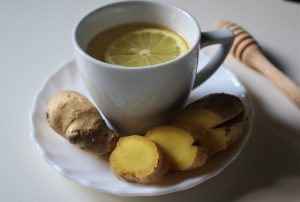
Turmeric Tea
Turmeric is another herb that is used in traditional medicine to lower inflammation. It has always been thought that the active ingredient in turmeric was curcumin.
Recent studies show that that there are numerous other nutrients in turmeric that can also have ant-inflammatory effect (Aggarwal, 2013). In India the average daily intake of turmeric is 2-2.5 grams (Amalraj, 2016).
Its important to know that turmeric can lower blood sugar levels, and blood pressure levels and can interact with some medications, and some health conditions. It is recommended to check with your health care provider before adding turmeric tea to your diet.
Begin slowly with a weaker brew and gradually work up to the suggested amount of turmeric. The World Health Organization (WHO) recommends not exceeding 1.4 mg of turmeric per pound of body weight (Amalraj, 2016).
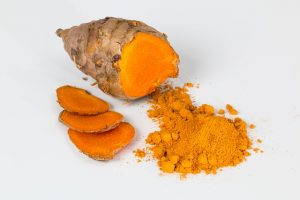
Rose Hip Tea
Rose hip tea is brewed from flowers of the Rosa canina plant. There is some evidence that taking a supplement made from rose hip powder can reduce arthritis pain for people with osteoarthritis. The dose in this study was 5 grams daily, divided into 2 doses (Warholm, 2003).
It is thought that the polyphenols, galactolipids, carotenoids, and other plant chemicals, as well as the vitamin C in the rose hips are responsible for its anti-inflammatory effect (Gruenwald, 2019).
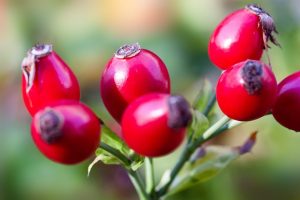
Yerba Matte and Hibiscus Tea
There are some other herbal teas, like yerba matte and hibiscus teas that scientists know contain phytonutrients that could have an anti-inflammatory effect. However, to date, there are no human studies or even studies in animals that have demonstrated that these herbal teas can help you to manage inflammation.
Do Herbal Teas Have Caffeine?
All herbal teas are caffeine free! Some studies have indicated that higher levels of inflammation can result in sleep disturbance (Irwin, 2016). You might be compounding those sleep problems in you are drinking green or black tea.
Switching to naturally caffeine free herbal tea, could be helping you in two ways; reducing your caffeine level and reducing inflammation. Herbal tea is still a liquid though, so while you want to consume it late in the day and a pre-sleep anti-inflammatory, make sure that it is not so late in the evening, that you have to get up from your sleep to use the bathroom.
Are Herbal Teas Safe?
Some herbs can interact with medications or with different diseases. So, always remember to tell your pharmacist or registered dietitian which teas you are consuming and start by consuming a small amount of an herbal tea so that you can monitor for any side effects.
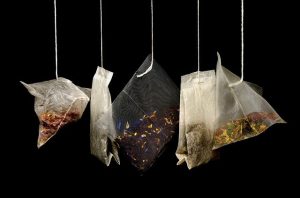
Bottom Line for Anti Inflammatory Teas
As well as an anti-inflammatory diet, including true teas and herbal teas in your diet, can help to improve the anti inflammatory potential of your diet. The best teas to include in your anti inflammatory diet are green tea, black tea and the herbal teas ginger, turmeric and rose hip.
References for Anti Inflammatory Teas and Link to Research
Aggarwal, B. B., Yuan, W., Li, S., & Gupta, S. C. (2013). Curcumin-free turmeric exhibits anti-inflammatory and anticancer activities: identification of novel components of turmeric. Molecular Nutrition & Food Research, 57(9), 1529–1542. https://doi.org/10.1002/mnfr.201200838
Amalraj, A., Pius, A., Gopi, S., & Gopi, S. (2016). Biological activities of curcuminoids, other biomolecules from turmeric and their derivatives – A review. Journal of traditional and complementary medicine, 7(2), 205–233. https://doi.org/10.1016/j.jtcme.2016.05.005
Gruenwald, J., Uebelhack, R., &Moré, M. I. (2019). Rosa canina – Rose hip pharmacological ingredients and molecular mechanics counteracting osteoarthritis – A systematic review. Phytomedicine : international journal of phytotherapy and phytopharmacology, 60, 152958. https://doi.org/10.1016/j.phymed.2019.152958
Health Canada. (2012).Caffeine in Food.https://www.canada.ca/en/health-canada/services/food-nutrition/food-safety/food-additives/caffeine-foods/foods.html
Henning, S. M., Fajardo-Lira, C., Lee, H. W., Youssefian, A. A., Go, V. L., & Heber, D. (2003). Catechin content of 18 teas and a green tea extract supplement correlates with the antioxidant capacity. Nutrition and cancer, 45(2), 226–235. https://doi.org/10.1207/S15327914NC4502_13
Irwin, M. R., Olmstead, R., & Carroll, J. E. (2016). Sleep Disturbance, Sleep Duration, and Inflammation: A Systematic Review and Meta-Analysis of Cohort Studies and Experimental Sleep Deprivation. Biological psychiatry, 80(1), 40–52. https://doi.org/10.1016/j.biopsych.2015.05.014
Jean-Guillaume, L., Pauline, S., Yann, N., Johanna, S., SébastienCzernichow, René-Marc Flipo, JérémieSellam, & Claire Daïen. (2020). Efficacy of spice supplementation in rheumatoid arthritis: a systematic literature review. Nutrients, 12(3800). https://doi.org/10.3390/nu12123800
Mahluji S, Ostadrahimi A, Mobasseri M, Ebrahimzade Attari V, Payahoo L. Anti-inflammatory effects of zingiber officinale in type 2 diabetic patients. Adv Pharm Bull. 2013;3(2):273-6. doi: 10.5681/apb.2013.044. Epub 2013 Aug 20. PMID: 24312847; PMCID: PMC3848205.
Oz HS. Chronic Inflammatory Diseases and Green Tea Polyphenols. Nutrients. 2017 Jun 1;9(6):561. doi: 10.3390/nu9060561. PMID: 28587181; PMCID: PMC5490540.
Ramadan, G., El-Beih, N. M., Talaat, R. M., & Abd, E.-G. E. A. (2017). Anti-inflammatory activity of green versus black tea aqueous extract in a rat model of human rheumatoid arthritis. International Journal of Rheumatic Diseases, 20(2), 203–213. https://doi.org/10.1111/1756-185X.12666
Tang, G. Y., Meng, X., Gan, R. Y., Zhao, C. N., Liu, Q., Feng, Y. B., Li, S., Wei, X. L., Atanasov, A. G., Corke, H., & Li, H. B. (2019). Health functions and related molecular mechanisms of tea components: an update review. International Journal of Molecular Sciences, 20(24). https://doi.org/10.3390/ijms20246196
Warholm, O., Skaar, S., Hedman, E., Mølmen, H. M., &Eik, L. (2003). The effects of a standardized herbal remedy made from a subtype of rosa canina in patients with osteoarthritis: a double-blind, randomized, placebo-controlled clinical trial. Current Therapeutic Research, Clinical and Experimental, 64(1), 21–31. https://doi.org/10.1016/S0011-393X(03)00004-3




